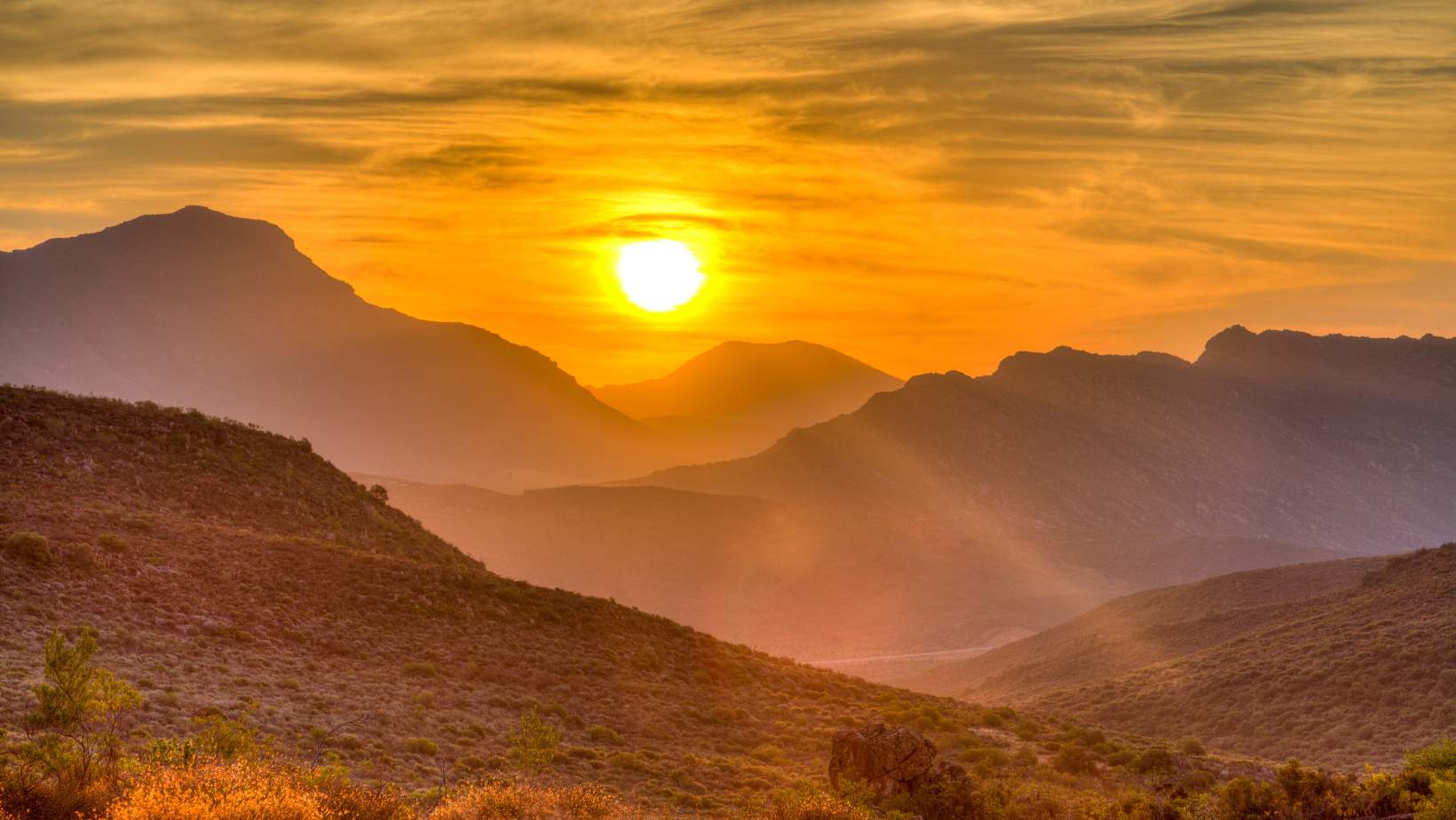Every August 11th, Japan celebrates Mountain Day (山の日, Yama no Hi), a national holiday dedicated to appreciating the country’s majestic peaks and natural beauty. As one of Japan’s newest public holidays, Mountain Day encourages people to venture into nature, explore mountainous regions, and reflect on the important role mountains play in Japanese culture and geography.
The Origins of Mountain Day
Mountain Day is a relatively recent addition to Japan’s calendar of public holidays. The idea for a day celebrating mountains was first proposed in 2014 by the Japanese Alpine Club and other mountain-related organizations. Their goal was to raise awareness about mountain conservation and promote outdoor activities.
In 2016, Mountain Day was officially established as Japan’s 16th public holiday. The date of August 11 was chosen for its symbolic significance in Japanese culture. In kanji (Chinese characters used in Japanese writing), the number 8 resembles a mountain (八), while two 1’s side-by-side can represent trees (木). This clever visual association reinforces the holiday’s connection to nature.
The Significance of Mountains in Japan
Mountains hold a special place in Japanese culture, spirituality, and daily life. With over 70% of Japan’s landmass covered by mountains, these towering landscapes have shaped the nation’s history, art, and traditions in profound ways.
Spiritual and Cultural Importance
In Shinto, Japan’s indigenous religion, mountains are considered sacred dwelling places of kami (spirits or deities). Many important Shinto shrines are located on or near mountains, serving as spiritual gateways between the earthly and divine realms. This reverence for mountains is deeply ingrained in Japanese culture, influencing everything from traditional landscape painting to garden design.
Natural Resources and Biodiversity
Japan’s mountains play a crucial role in the country’s ecosystem and economy. They are the source of important natural resources, including timber, minerals, and fresh water. Mountain forests also help prevent soil erosion and support a rich diversity of plant and animal species, many of which are found nowhere else in the world.
Tourism and Recreation
Mountains are popular destinations for both domestic and international tourists in Japan. Activities like hiking, skiing, hot spring bathing, and temple visits draw millions of visitors to mountain regions each year, supporting local economies and preserving traditional ways of life in rural areas.
How to Celebrate Mountain Day
While Mountain Day is still a young holiday without many established traditions, there are numerous ways to embrace its spirit and celebrate Japan’s mountainous landscapes:
1. Go Hiking or Mountaineering
The most obvious way to celebrate Mountain Day is to get out and explore Japan’s mountains firsthand. Whether you’re an experienced climber tackling one of Japan’s famous peaks like Mount Fuji, or a casual hiker enjoying a gentle forest trail, spending time in nature is the perfect way to honor the holiday.
2. Visit a Mountain Onsen
Japan is famous for its hot springs (onsen), many of which are located in scenic mountain areas. Soaking in mineral-rich waters while surrounded by beautiful mountain scenery is a quintessentially Japanese experience and a great way to relax on Mountain Day.
3. Try Mountain-Inspired Cuisine
Many regions in Japan have unique local dishes that incorporate mountain ingredients like wild vegetables, mushrooms, or game meats. Sampling these specialties is a delicious way to connect with mountain culture and support local communities.
4. Practice Mountain Photography
For those who can’t make it to the mountains in person, try your hand at mountain photography. Whether you’re capturing distant peaks from a city viewpoint or focusing on small details of nature in a local park, this activity can help foster an appreciation for natural landscapes.
5. Learn About Mountain Ecology
Use Mountain Day as an opportunity to educate yourself about mountain ecosystems, conservation efforts, and the challenges facing these important environments. Many museums and nature centers in Japan offer special exhibits or programs on Mountain Day to raise awareness about these issues.
The Future of Mountain Day
As Mountain Day continues to evolve, it has the potential to become an important platform for promoting environmental awareness, sustainable tourism, and the preservation of Japan’s natural and cultural heritage. By encouraging people to connect with nature and appreciate the beauty and importance of mountains, this holiday plays a vital role in fostering a more environmentally conscious society.
While primarily a Japanese observance, the spirit of Mountain Day resonates with mountain lovers and nature enthusiasts around the world. As global interest in eco-tourism and outdoor recreation continues to grow, perhaps we’ll see more countries adopting their own versions of Mountain Day in the future.
Conclusion
Mountain Day may be one of Japan’s newest holidays, but it celebrates something truly ancient and fundamental to the country’s identity. By setting aside a day to appreciate the majesty of mountains and their importance to Japanese culture and ecology, this observance encourages both residents and visitors to Japan to forge a deeper connection with the natural world.
So this August 11th, whether you’re scaling a peak, relaxing in a mountain hot spring, or simply admiring a distant range from your window, take a moment to reflect on the beauty and significance of mountains. In doing so, you’ll be joining millions of people across Japan in celebrating Mountain Day and the timeless allure of these awe-inspiring natural wonders.
